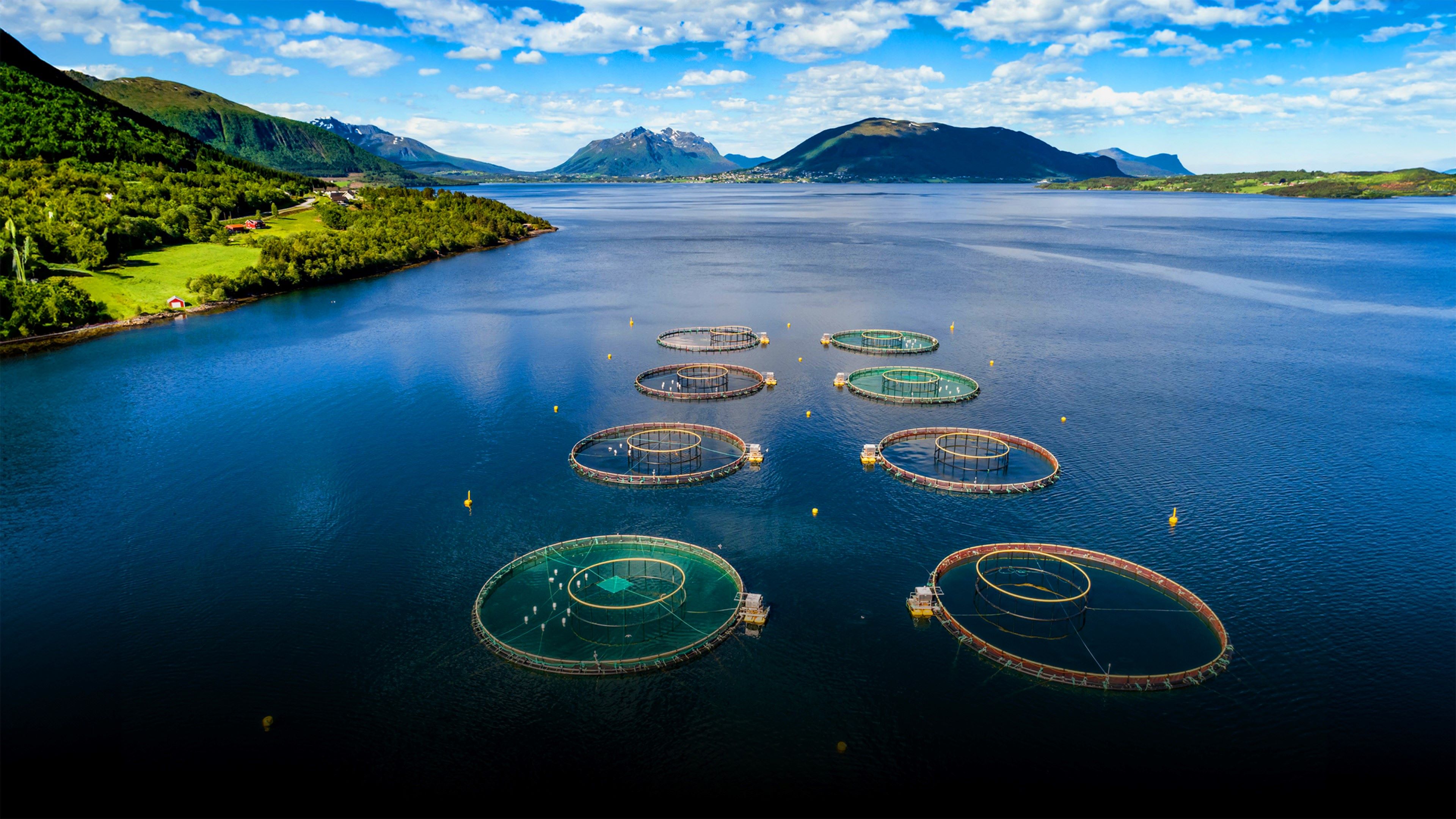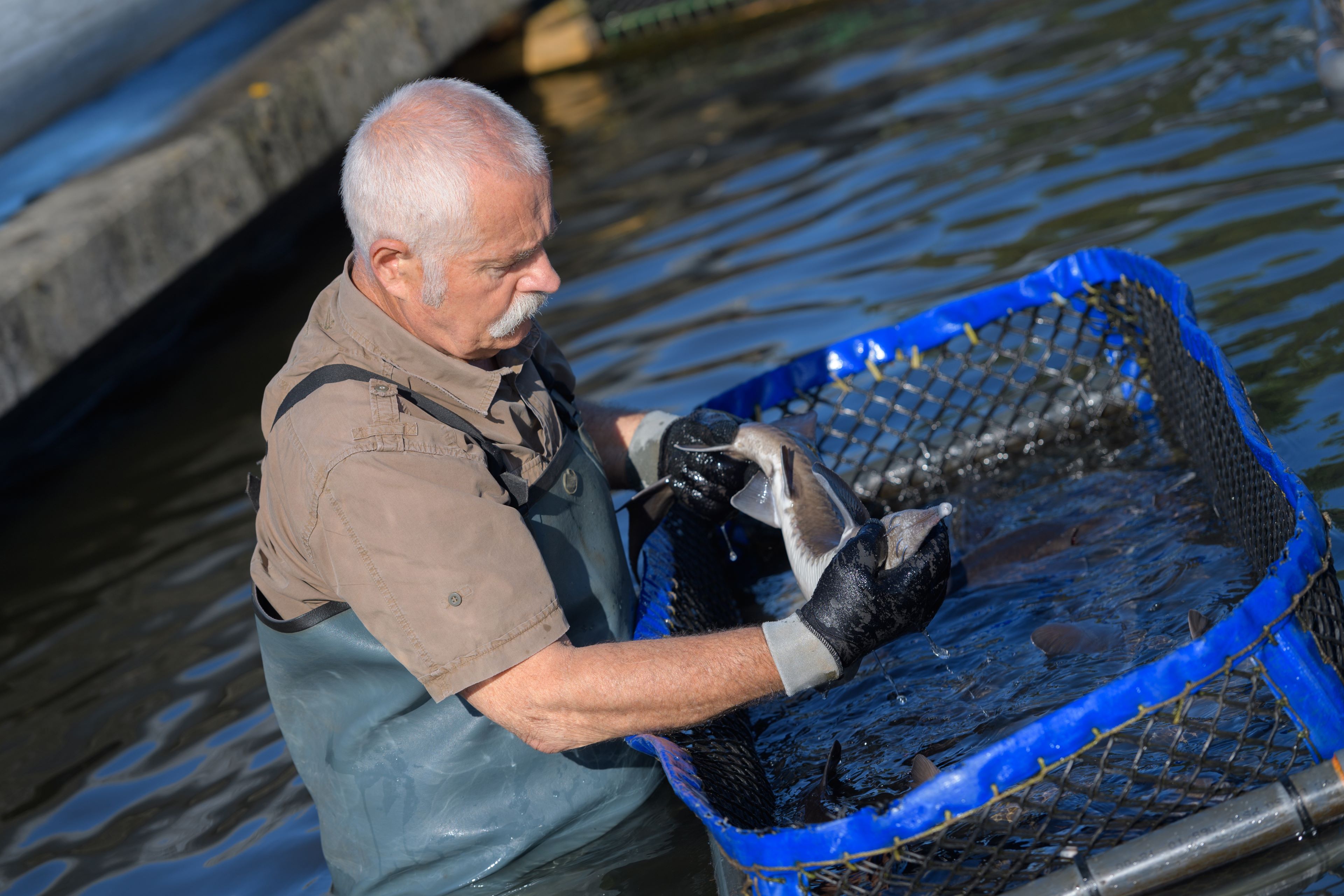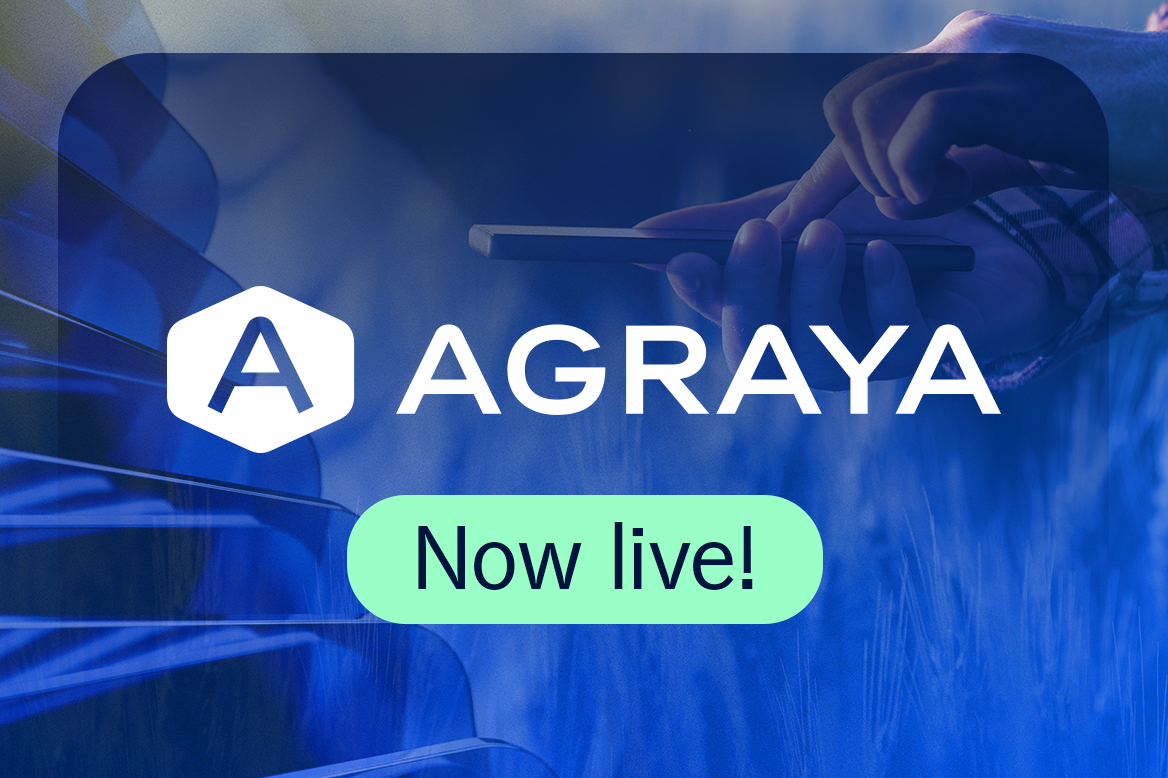
Impact areas and claims
Animal health and welfare
Aquaculture – the rearing of aquatic species – is seen as an increasingly reliable way to meet the world’s nutritional needs and now represents the world’s fastest-growing food sector. Responsible, risk-assessed production processes that include animal health and welfare are vital to both global food security and the long-term sustainability of aquaculture operations.

Why do GLOBALG.A.P. standards address animal health and welfare?
The health of farmed animals is integral to the safety of our food chain, and their overall welfare represents a major consumer concern.
We believe that animal health and welfare are at the heart of responsible aquaculture practices. This is why we consider all stages of production, from hatchery and feed inputs to slaughter and transport, implementing traceability procedures at every step of the supply chain.
How does GLOBALG.A.P. promote animal health and welfare?
Our flagship Integrated Farm Assurance (IFA) standard for aquaculture is applicable to a wide range of species of fish, crustaceans, molluscs, and seaweed (macro algae), as well as all major production methods – from net enclosures to closed recirculation systems.
The rigorous standard requirements consider all four pillars of the FAO Technical Guidelines on Aquaculture Certification and are also aligned with the World Organization for Animal Health (WOAH) Aquatic Animal Health Code.
IFA is the only standard at farm-level recognized by the Global Food Safety Initiative (GFSI) and the only standard recognized by the Global Sustainable Seafood Initiative (GSSI) for all aquatic species.
Animal welfare topics in GLOBALG.A.P. standards and add-ons
Comprehensive aquaculture health plan approved by a certified veterinarian
Welfare risk assessments on water, predation, visual/acoustic disturbance, and marking
Control program for water quality and intake/discharge to avoid contamination
Health treatment analysis, including medicines, vaccination, quarantine, and pathogen screening
Records of stock movements for all stages of the aquatic species’ lifecycle
Procedures and monitoring for removal, safe disposal, stunning, and slaughter
Documented hygiene plan, species-specific handling training, and harvest protocols
Site management including risk assessments on equipment, cleaning, and pest control
Access GLOBALG.A.P. standard documents
GLOBALG.A.P. standard documents are publicly available, free of charge, and translated into multiple languages. They are developed through a transparent and comprehensive standard setting process that involves stakeholders from across the supply chain and includes scientific and technical expertise, field trials, and public consultation.
Which GLOBALG.A.P. standards and add-ons cover animal welfare?
Integrated Farm Assurance for aquaculture
IFA is a global standard that aims to promote safer and more responsible farming practices in aquaculture production.
Compound Feed Manufacturing
CFM is a global feed mill standard for commercial compound feed production processes.
NON-GM/“Ohne Gentechnik” Add-on
The NON-GM/“Ohne Gentechnik” Add-on enables aquaculture, compound feed, and supply chain stakeholders to demonstrate that their products are free from GMOs.

Corporate news and events have moved!
All the latest updates can now be found on the Agraya website – connecting people, ideas, and solutions across the global farming network.